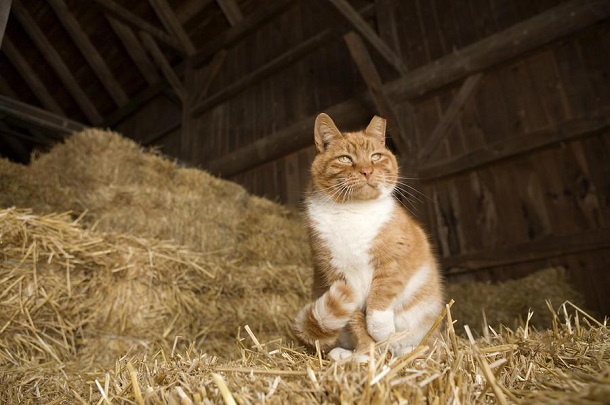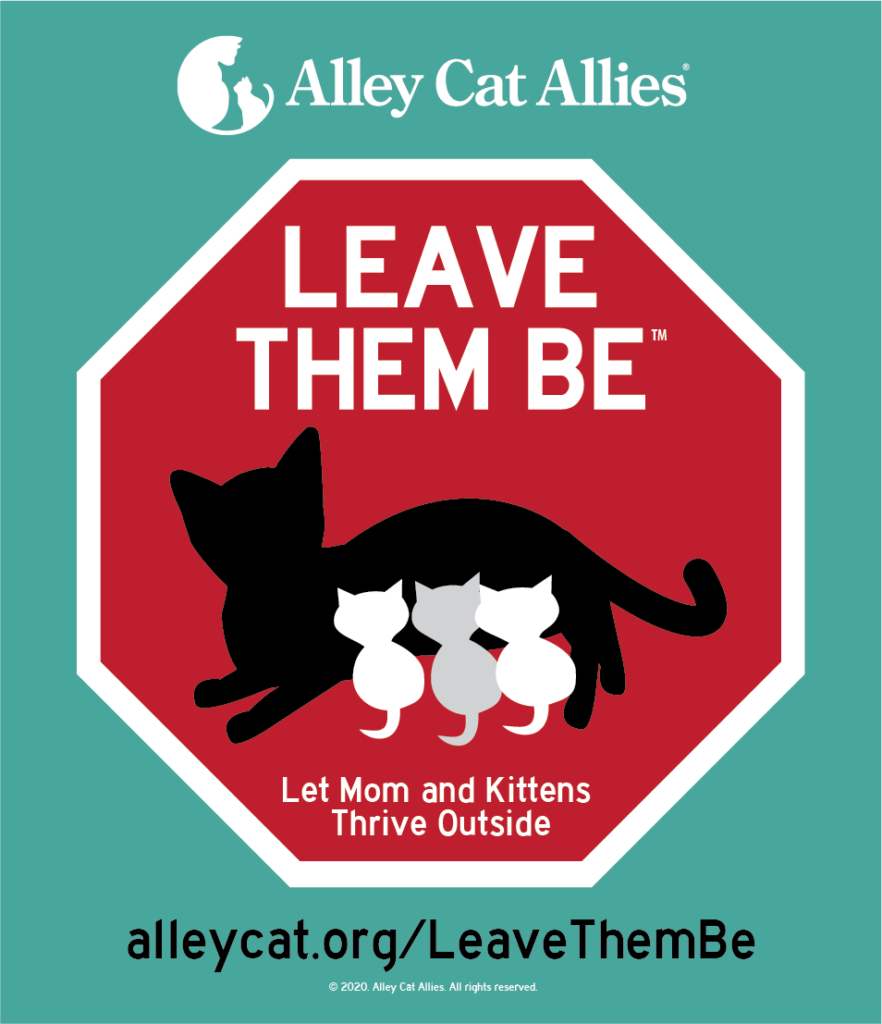 The Montgomery Humane Society’s Working Cat Adoption Program aims to find adopters who are looking for natural rodent deterrents for enclosed properties such as barns, warehouses, churches, factories or other facilities. This program is for specific cats from the Shelter who prefer to be outdoors. Working cats may or may not be bonded to humans.
The Montgomery Humane Society’s Working Cat Adoption Program aims to find adopters who are looking for natural rodent deterrents for enclosed properties such as barns, warehouses, churches, factories or other facilities. This program is for specific cats from the Shelter who prefer to be outdoors. Working cats may or may not be bonded to humans.
Benefits
- No adoption fee
- Natural pest control
- Working cats are vaccinated against rabies and spayed/neutered
- Frequently adopted in pairs to keep each other company
- Ideal for barns, warehouses, churches, factories, etc.
- Helps reduce the number of outdoor cats humanely euthanized at the shelter
- Provides previously homeless animals with a safe place to live
Frequently Asked Questions
How do I adopt out a Barn Cat?
- Visit our Adoptable Barn Cats Page to see if we have any barn cats available that you are interested in adopting.
- When you find a cat that you are interested in, complete a Barn Cat/Working Cat Request.
- Upon approval, call our Intake Department to schedule an appointment to meet the Barn Cat you are interested in adopting at 334-409-0622 ext. 205.
- All Barn Cats are adopted out on a First Come, First Serve basis.
How much does it cost to adopt a working cat?
The adoption fee is waived. You will be responsible for rabies vaccinations, ongoing veterinary care (as necessary), food, water, and shelter. Donations are always appreciated and help support the program.
What do I do when I bring the cats home?
Each working cat will be adopted out in a 3′ x 2′ x 2′ wire crate. You will need to keep your working cat in this wire crate for 1 to 2 weeks so that the cat will acclimate to his new surroundings. You will need to feed, water and clean the litter pan daily during the confinement period. After this period, the cat will usually accept his new home and may be released. You will continue to provide daily food and water and allow him access to shelter such as your barn or garage.
Are they spayed or neutered?
Yes. All working cats come spayed or neutered, ear-tipped, and vaccinated for rabies.
Will I be responsible for future vaccinations and vet care?
Following adoption, you will be responsible for keeping the animal’s rabies vaccination up to date and on-going vet care as needed. The best way to take your barn cat to the vet for vaccination and medical treatment is with the use of a live humane trap, purchased online or at a local hardware or pet store.
What do the working cats require?
The cats require shelter in a permanent building or structure like a barn, shed, stable, or garage in a suitable area where they will be safe. Daily food and water must be provided, as well as any future medical care needed. The cats must also be kept confined for the initial 1-2 week relocation period to ensure a successful transition to their new home.

